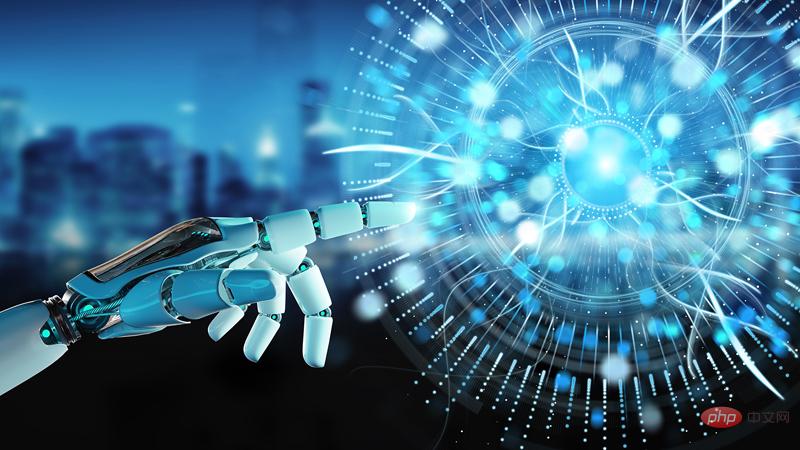
The construction industry is rapidly embracing digitalization and the use of artificial intelligence and machine learning, with the potential to transform the way buildings are designed, constructed and operated.

The construction industry has long been known for its traditional, often manual operating processes, but with the rise of technology, this is rapidly changing. Artificial intelligence (AI) and machine learning (ML) are becoming increasingly important in the construction industry, providing new opportunities to improve efficiency, accuracy and safety. These technologies are changing the way buildings are designed, constructed, and operated, and have given rise to the concepts of “intelligent buildings” and “smart construction.”
Smart buildings are those that incorporate a variety of technologies to optimize their operations and increase energy efficiency, comfort and safety. This includes features such as smart lighting and HVAC systems, automated security and access controls, and predictive maintenance. Smart construction, on the other hand, refers to the use of digital technology to simplify and optimize the construction process, including design, planning, scheduling and resource management. The combination of artificial intelligence and machine learning in construction opens up new possibilities for the industry, making it more efficient, cost-effective and sustainable.
Given the potential of these technologies, it is important to explore the benefits and challenges of smart buildings and smart construction and consider how they will shape the future of the construction industry. In this article, we take a closer look at the impact of artificial intelligence and machine learning on digital architecture and the future of architecture.
The integration of artificial intelligence and machine learning in construction offers many benefits that could revolutionize the industry. Here are some of the key advantages of using these technologies in smart buildings and smart construction:
Currently, the application of artificial intelligence and machine learning in smart buildings and smart buildings is still in its early stages, but it has the potential to revolutionize the industry by improving efficiency, improving safety, improving accuracy, and cost savings. Change the industry. With continued innovation and development, the future of digital construction and future architecture is bright.
Artificial intelligence and machine learning have numerous applications in the construction industry and can change the way buildings are designed, built and managed. Some of these applications include:
While artificial intelligence and machine learning offer great potential to transform the construction industry, there are also some challenges that need to be addressed Challenges and limitations. Here are some of the key challenges and limitations of artificial intelligence and machine learning in construction:
In conclusion, despite the challenges and limitations of implementing artificial intelligence and machine learning in construction, these technologies offer significant potential to improve the efficiency, safety and sustainability of the industry. By addressing these challenges and limitations, construction companies can maximize the benefits of these technologies and stay ahead of the rapidly evolving field of smart buildings and digital construction.
The construction industry is rapidly embracing digitalization and the use of artificial intelligence and machine learning, with the potential to transform the way buildings are designed, constructed and operated.
Artificial intelligence and machine learning can automate the construction process and reduce the need for human intervention, with robots performing repetitive tasks more efficiently and accurately. Integration with IoT can provide real-time monitoring and analysis of building system data, enabling proactive maintenance and optimization. Predictive analytics can help predict and prevent system failures, reducing downtime and maintenance costs.
Virtual reality and augmented reality can provide immersive experiences for architectural design and planning, and artificial intelligence can identify potential safety hazards and mitigate them. The future of AI and machine learning in construction is bright, improving efficiency, safety and cost savings, and has the potential to revolutionize the industry.
In conclusion, the impact of artificial intelligence and machine learning on the construction industry cannot be overstated. As technology continues to evolve, we can expect more advancements in smart buildings and smart buildings. However, it is important to recognize the challenges and limitations that come with implementing these technologies and treat them with caution.
Despite the many challenges, it is clear that artificial intelligence and machine learning bring significant benefits to the construction industry, including improved efficiency, safety and cost savings. By embracing these technologies and investing in the necessary infrastructure, construction companies can stay ahead of the curve and build smarter, more sustainable buildings for the future. The potential for innovation in this area is huge, and it’s exciting to see how artificial intelligence and machine learning will continue to change the way we design, build and operate buildings in the coming years.
The above is the detailed content of How artificial intelligence and machine learning are changing the construction industry. For more information, please follow other related articles on the PHP Chinese website!




